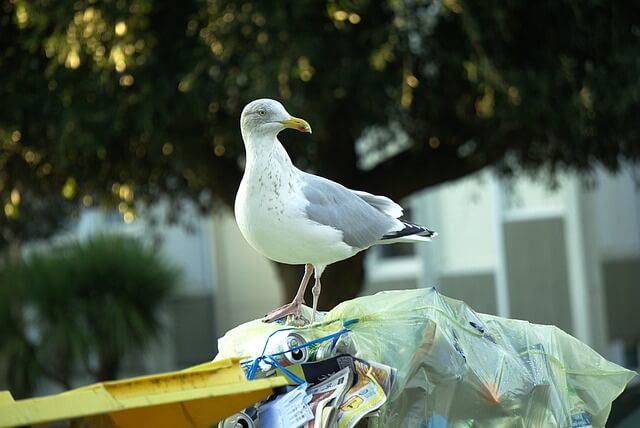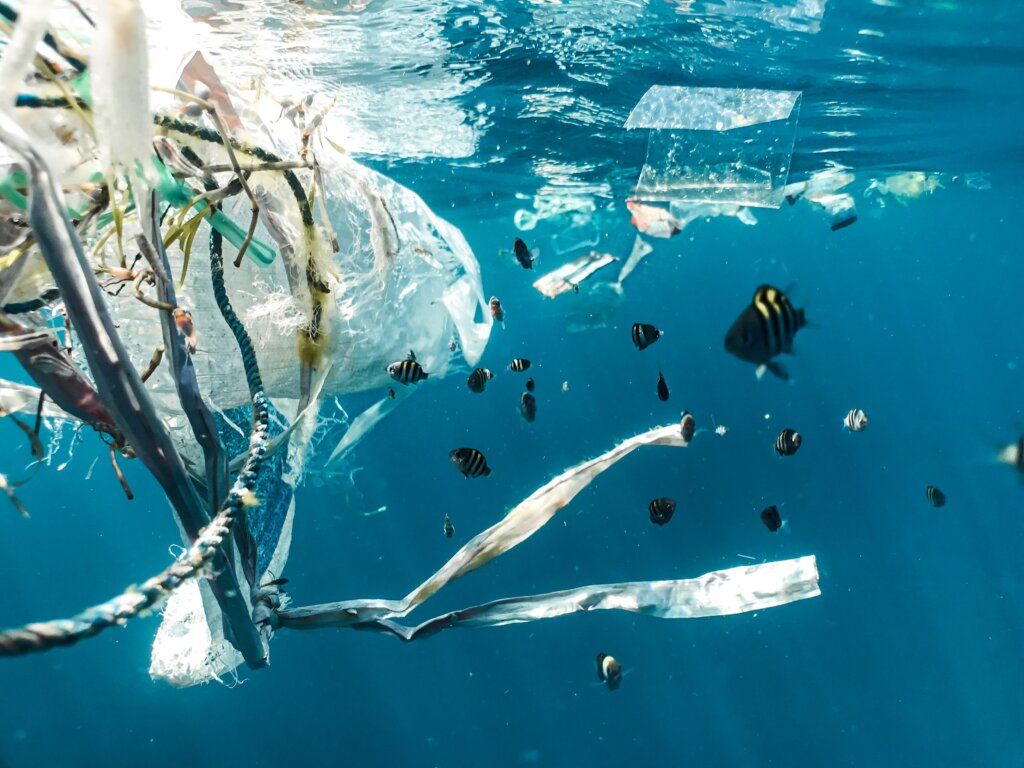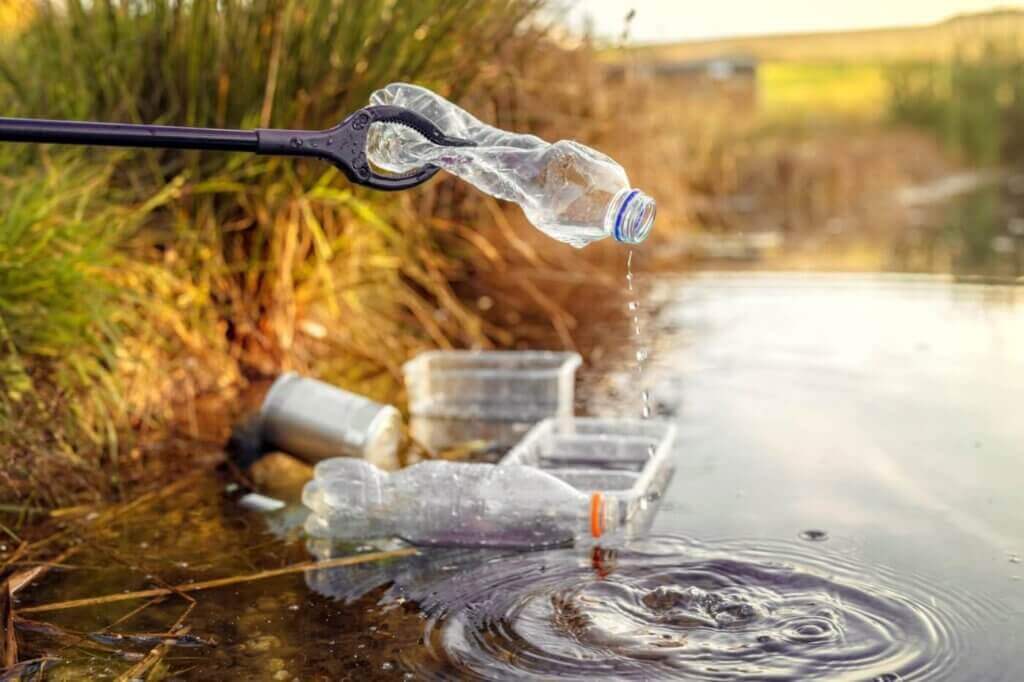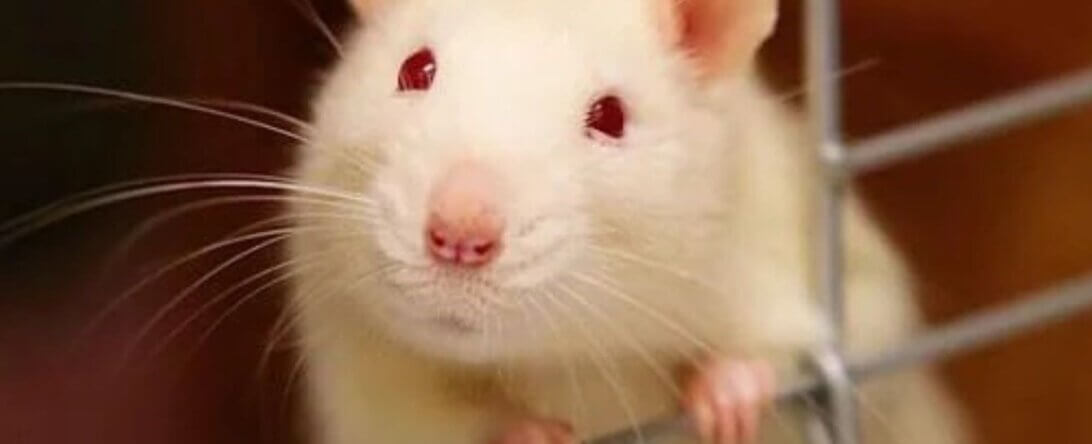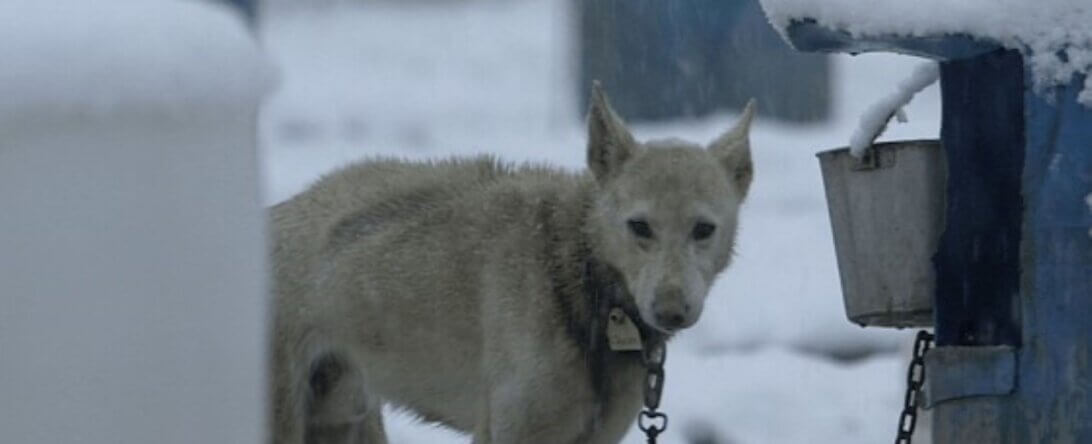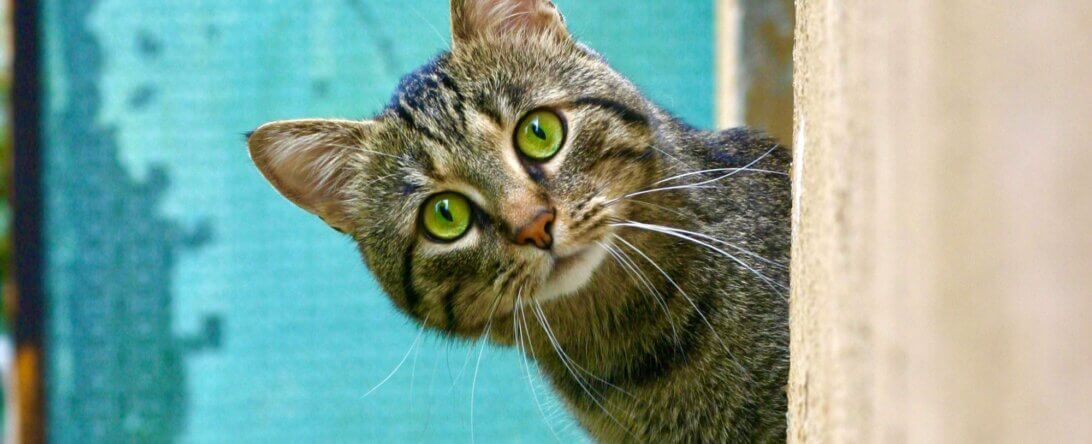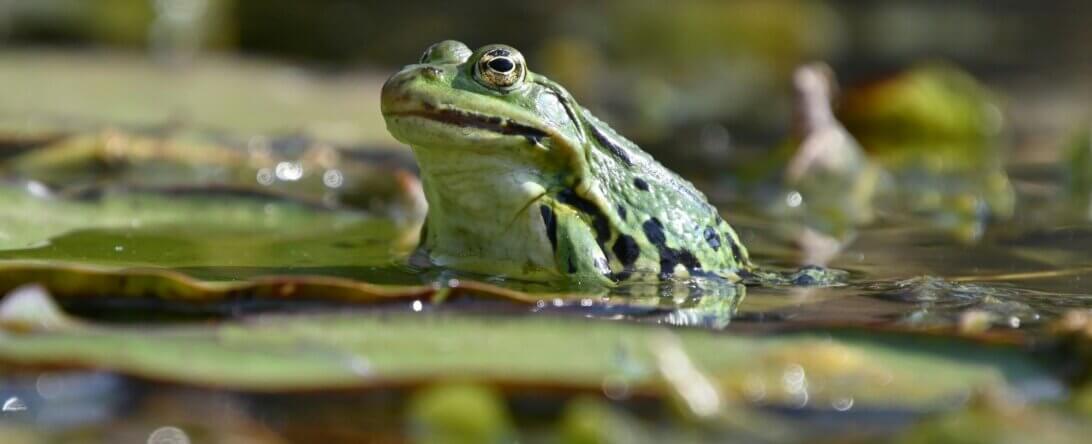7 Ways to Clean Up the World for Animals
Let’s be real: It’s important to take into account that even if we go vegan, we’re still producing trash, which can be harmful to animals if not disposed of properly.
Birds get their beaks wrapped in or their legs and wings tangled up in discarded fishing lines. Gum can become matted in fur or feathers. And hungry animals, desperate for even just a few crumbs, often get their heads stuck in discarded cans, cups, and jars.
Animals suffer because of the carelessness of humans—and it’s time we started taking better care of the only planet we call home. We could all use some tips on cleaning up our act so that animals can go on living their best lives without getting entangled in discarded plastic six-pack rings or getting their heads stuck in jars.
1. Rinse out all cans, and fold the tab back to block off the hole on the top (so animals won’t get cut). Even the tiniest animals can fall victim to litter. Discarded cans are tempting to small individuals who are looking for food or shade. You can help them by being sure to dispose of your cans responsibly.
2. Cut open empty cardboard and plastic containers so that squirrels and other small animals can’t get their faces or heads trapped in them. If you have empty jars, be sure to scrub them out and cap them before putting them into the recycling bin or trash.
3. Cut apart all sections of plastic six-pack rings, including the inner diamonds.
4. Choose paper bags at the grocery store, or better yet, take your own reusable canvas bags, which help prevent wildlife habitats from being destroyed.
5. Be sure to cover up your garbage and throw away all items in a bin that can’t be accessed by animals looking for food. Seal trash cans using bungee cords on the lids.
6. Recycle plastic. Every year, around 8 million metric tons of plastic, including fishing gear, goes into the ocean. Discarded plastic fishing nets often remain intact and can travel long distances, entrapping and killing not only fish but also marine mammals and birds. Recycling is one of the best ways to combat this huge problem, since plastic debris is the cause of more than 100 million marine deaths every year.
7. Wrap chewing gum in paper and dispose of it in a proper receptacle. Have you ever stepped in gum in a public place? Animals often encounter gum, too, which can become matted in their fur or feathers, making it difficult for them to move—so never drop it on the ground.
*****
Luckily, there are tons of ways that we can help our animal friends. “Trash fishing” is a great example of a way to spend time in nature and clean up the environment.
With 7 billion peeps on the planet and counting, it’s important that we take responsibility for making the Earth a safe, comfortable, and less trashy home for everyone.
Text peta2 to 30933 for ways to help animals, tips on compassionate living, and more!

Terms for automated texts/calls from peta2: http://peta.vg/txt. Text STOP to end, HELP for more info. Msg/data rates may apply. U.S. only.

